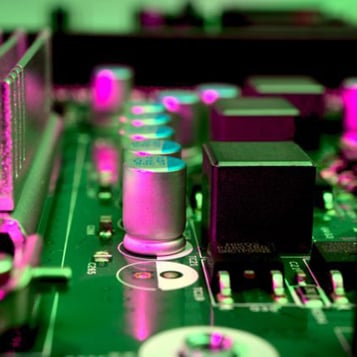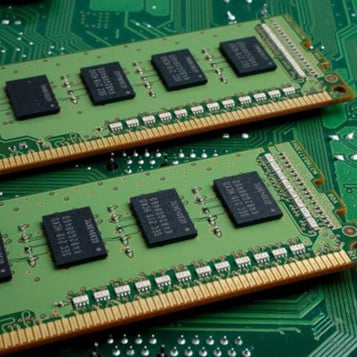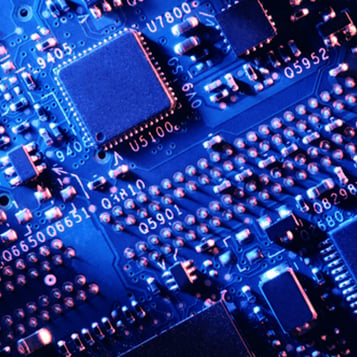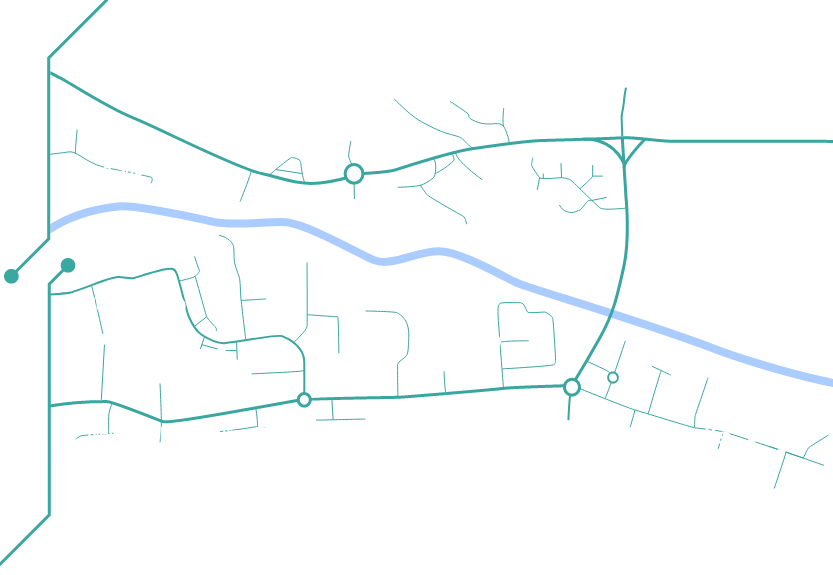Electric cars by 2040 – How will it affect the PCB industry?
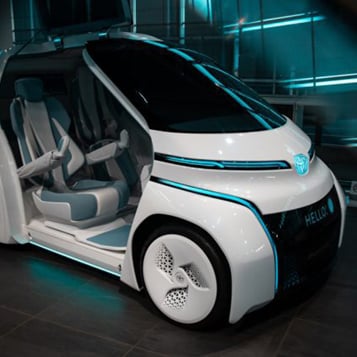
Michael Gove’s recent announcement that the sale of new diesel and petrol cars will be banned by 2040 is likely to have wide-reaching consequences for the PCB industry. But will these changes be favourable, or does the announcement herald the start of a long hard winter in the PCB industry?
The move towards a reliance on electrical engineering over more traditional mechanical engineering is likely to signal that the electronics industry can safely gear up for an increase in demand for printed circuit boards.
How electric cars will impact the PCB industry
Those organisations most likely to be affected include businesses, like Garner Osborne that service a wide range of Industrial sectors including automotive
As the move to electrically powered cars takes place, PCBs will play a more significant role in the production and running of cars, buses and other electrically powered vehicles.
We can also expect to see an increase in demand for chargers too.
And with the promise of driverless cars also on the horizon, we can expect to see even more PCBs used in the automotive industry, in design and manufacture.
All of this is great news for the environment as we begin to leave behind polluting C02 emissions. And an increase in PCB demand should, by the laws of economics, reduce prices of components and boards as demand increases the opportunity for companies to take advantage of economies of scale.
However, the introduction of electric cars to our roads isn’t likely to be all good news for PCB manufacturers.
Why banning diesel and petrol cars isn’t all good news
In recent years, the copper industry has been showing cracks as it finds itself under pressure. These new pressures are evolving from the increase in battery-powered goods. As it stands, the industry is expecting to see a 9-fold increase in copper demand due by 2027, according to a report by IDTechEx, commissioned by the International Copper Association (ICA). This increase is expected to be largely driven by an increase in electric vehicles.
This is compounded by China’s decision to ban waste imports, which is a significant source of recycled copper.
Then, with each car containing up to six kilometres of copper wiring (according to the ICA), the copper industry is likely to come under even more pressure. That’s without the anticipated increase in demand for solar powered cars that will likely add further pressure to an already struggling industry.
At Garner Osborne, we work hard to immunise our clients from market forces wherever possible
